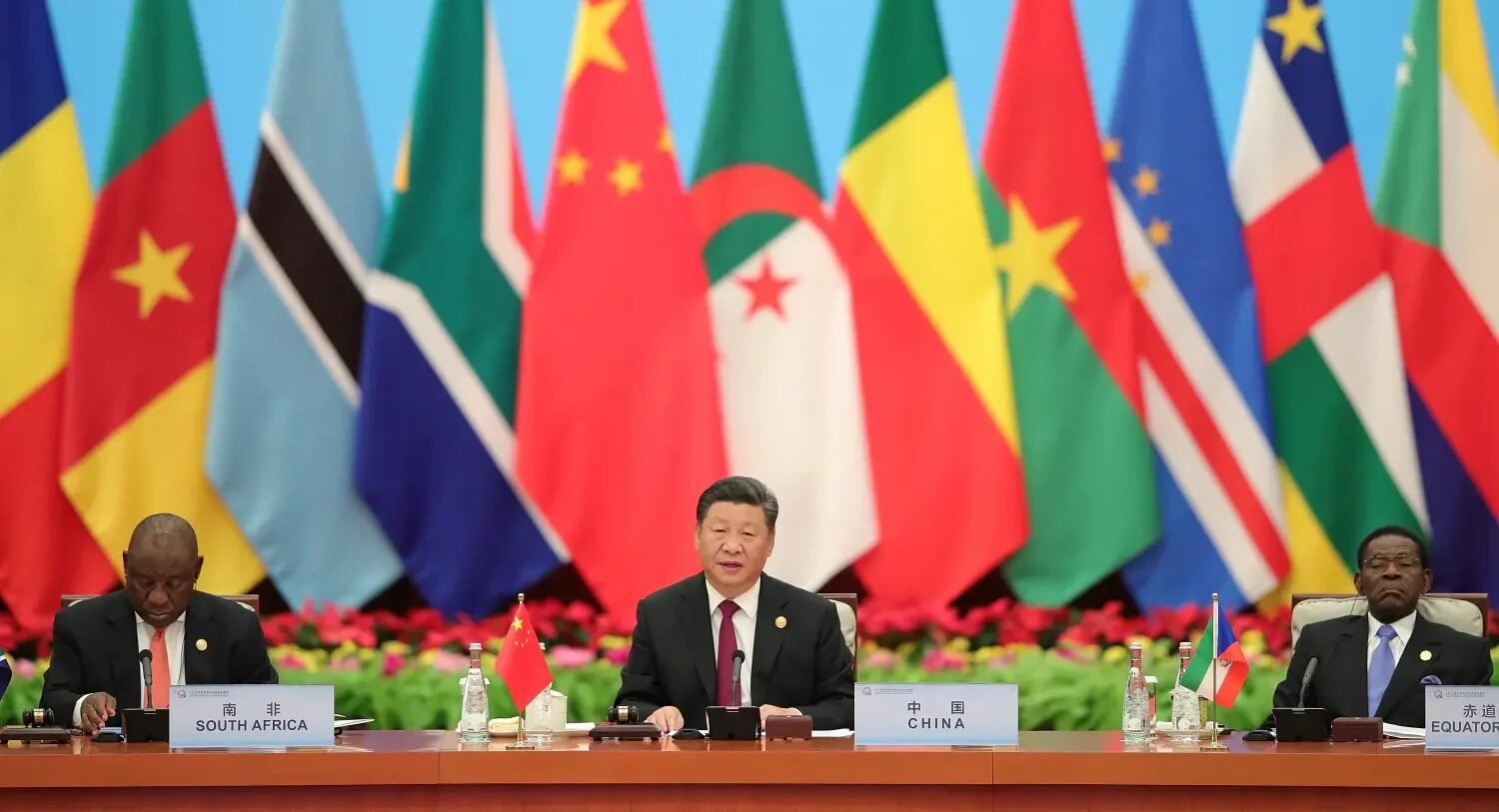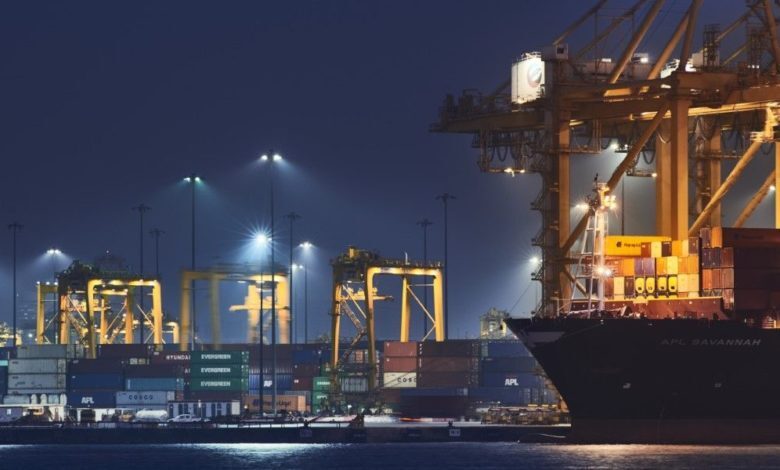
Monday 18th August 2025

Par inAfrika Reporter
Telecoms seldom trend. In South Africa this week, they did—because the numbers and the politics collided. Today, MTN Group said its local unit’s revenue fell even as it returned to profit, triggering the stock’s steepest drop in nearly two years and a sweeping management revamp. In parallel, MTN’s chief executive argued that South Africa’s mobile market needs consolidation to sustain investment in 5G, fibre backbones and data-centre adjacency. The signal to investors: margins are thin, capex is heavy, and a fragmented market structure is part of the problem.
Enter policy, stage right. SpaceX’s Starlink used the moment to renew its call for an alternative to South Africa’s Black Economic Empowerment (BEE) equity ownership rules in telecoms, proposing an “equity-equivalent” model that would allow investment in qualifying programmes rather than direct shareholding. The argument is not new; the timing is notable. With consumers demanding cheaper data and rural coverage gaps still visible, policymakers are weighing how to entice fresh capital without diluting transformation objectives that remain central to South Africa’s political compact.
The industry’s balance sheet tells the rest of the story. Currency weakness, load-shedding-related site costs, device inflation and spectrum-licence obligations have squeezed operators, even as data usage soars. Consolidation could rationalize overlapping networks and unlock scale efficiencies; it could also raise regulatory alarms about pricing power and quality of service. For households and small firms, the fear is simple: mergers that pad EBITDA but leave prepaid bundles pricier and call centres slower. The regulator’s task is to design remedies—site-sharing mandates, coverage obligations, wholesale access—that convert deal synergies into public benefit.
The week’s headlines will fade; the structural questions will not. Can South Africa craft a competition-plus-investment framework that brings fibre deeper, lowers per-gig costs and keeps transformation credible? Will an equity-equivalent path for newcomers like Starlink expand connectivity without hollowing out BEE’s intent? The answers will shape not only share prices but the country’s ability to build the digital rails that its next decade of growth requires. In a sector where silent infrastructure often hides loud policy choices, South Africa’s telecom story just got noisy for all the right reasons


